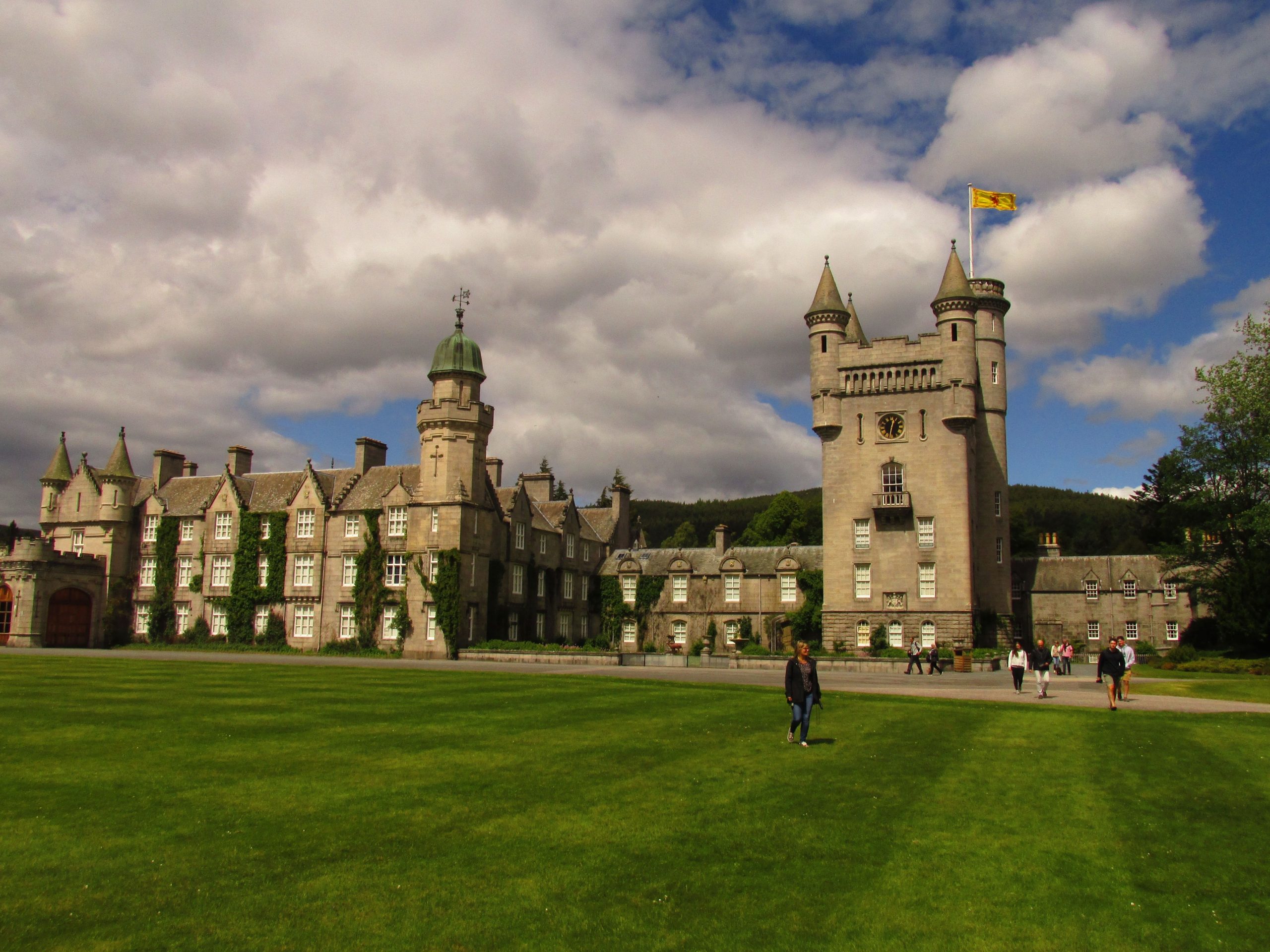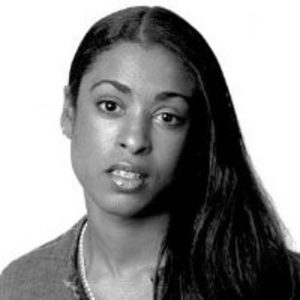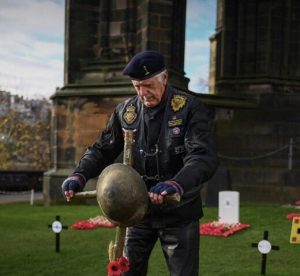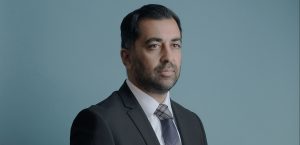Queen Elizabeth II will be appointing Liz Truss as the new Prime Minister at Balmoral Castle in Aberdeenshire, Scotland instead of Buckingham Palace due to her ongoing issues with mobility, according to a report from Sky News. The meeting is scheduled for September 6.
The castle has been a part of the royal family’s properties since the early 1850s when Queen Victoria and Prince Albert made it their Scottish home. Balmoral Castle is Queen Elizabeth II’s summer retreat, where she spends roughly three months; August, September and early October where her family traditionally enjoys walks, barbecues and the outdoor life.
The break from tradition is the first change of its kind, according to a report from People magazine. Due to her ongoing mobility issues, the 94-year-old has been forced to become more selective about her appearances. Queen Elizabeth’s mobility has been an issue since at least last autumn. The decision to ask outgoing and incoming premiers to make the 1,000 mile journey to the Scottish Highlands to see the Queen, instead of being appointed at Buckingham Palace.
At Balmoral Castle, Boris Johnson will tender his resignation to the queen which will be followed by Truss’ appointment. It will take place in the castle’s green-carpeted Drawing Room. As part of her royal duties, it is the Queen’s responsibility to appoint the new head of Her Majesty’s government.
Truss was elected as the new leader of the Conservative Party and consequently, the new Prime Minister on September 5. Her appointment comes after an intra-party election that was held last week on September 2. The 47-year-old is set to become the third ever Prime Minister of the United Kingdom after Theresa May and Margaret Thatcher, who have all served during the current Queen’s 70 years on the throne.
But the new Prime Minister elect hasn’t always been a fan of the monarchy. Back in 1994, as a 19-year-old addressing the Liberal Democrat conference said, ““We do not believe people are born to rule”.
When the BBC asked her about her past comments, Truss replied that at the time she “liked exploring ideas and stirring things up.” She added, “I began to understand more about why Britain is successful, and part of our success is the constitutional monarchy that supports a free democracy.”
Truss is set to replace her outgoing predecessor Boris Johnson who announced his own departure following a wave of resignations within his government and the fall out of the “Partygate” scandal.
The former Secretary of State for Foreign, Commonwealth, and Development Affairs since September last year, Truss announced her resignation shortly after Johnson’s and declared her candidacy for the Prime Minister’s Office.







